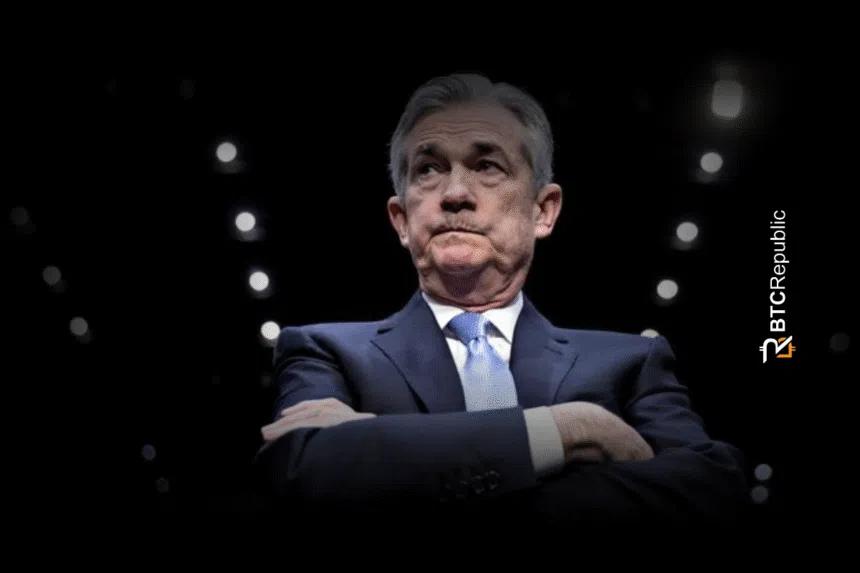The U.S. Federal Reserve has confirmed it will dismantle a dedicated oversight program that targeted cryptocurrency-related banking activities, marking a significant policy reversal for the financial sector.
The move comes shortly after President Donald Trump signed an executive order instructing regulators to halt discriminatory banking practices.
The Federal Reserve Board said that it would end a “novel activities supervision program” set up in 2023 to supervise certain activities related to crypto assets and distributed ledger technology within regulated banks.
In a Friday notice, the Fed said it will sunset the program created in August 2023 and return to “monitoring banks’ novel activities through the normal supervisory process.” The 2023 program said it would be “risk-focused” and include supervision of banks providing “deposits, payments, and lending to crypto-asset-related entities and fintechs.”

“Since the Board started its program to supervise certain crypto and fintech activities in banks, the Board has strengthened its understanding of those activities, related risks, and bank risk management practices,” said the Fed.
“As a result, the Board is integrating that knowledge and the supervision of those activities back into the standard supervisory process and is rescinding its 2023 supervisory letter creating the program.”
Over time, the central bank says it has gathered enough insight into the risks, operational models, and risk management measures surrounding these services to incorporate them into its standard supervisory process. As part of the shift, the original guidance establishing the program will be formally withdrawn.
Critics had long associated the initiative with elements of the so-called Operation Chokepoint, in which financial regulators allegedly pressured banks to sever relationships with politically disfavored sectors — including crypto firms — during the Biden administration.
Trump’s recent executive order explicitly called out such practices, requiring agencies to remove any policies or directives used to target companies or individuals for political, religious, or ideological reasons.
This is not the first time the Fed has eased restrictions on crypto banking in recent months. In July, the central bank and other U.S. financial watchdogs clarified that banks can hold cryptocurrency in custody under the same rules that govern other asset classes.
Leadership at the Fed becoming a political issue
US President Donald Trump has been publicly challenging the Fed’s independence in determining federal interest rates, often personally criticizing Chair Jerome Powell, whom he nominated in 2017. Powell’s term as chair is expected to end in May 2026, while his term as a Fed governor won’t end until January 2028.
Adriana Kugler, a member of the Fed’s board of governors and the Federal Open Market Committee, resigned from her position on Aug. 8. Trump nominated Council of Economic Advisors Chair Stephen Miran to fill Kugler’s role until January, when he is expected to pick a permanent replacement.










